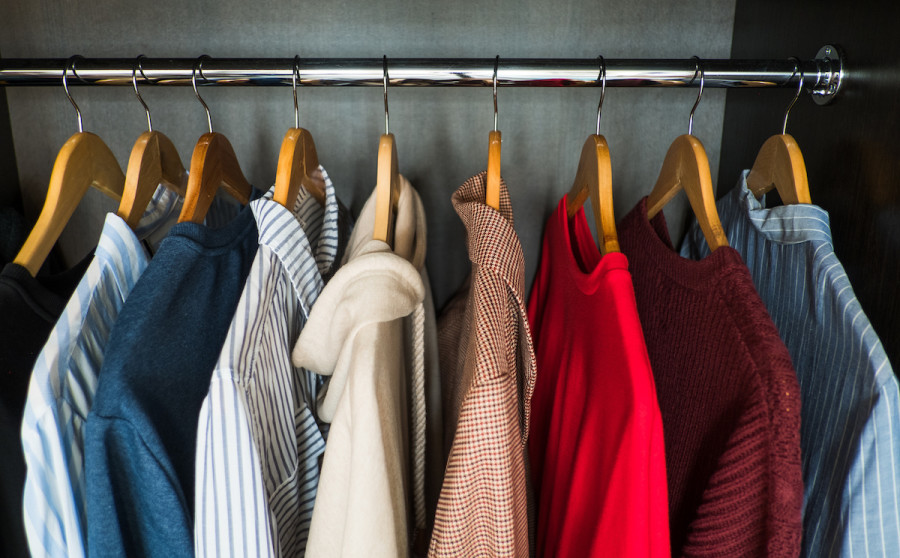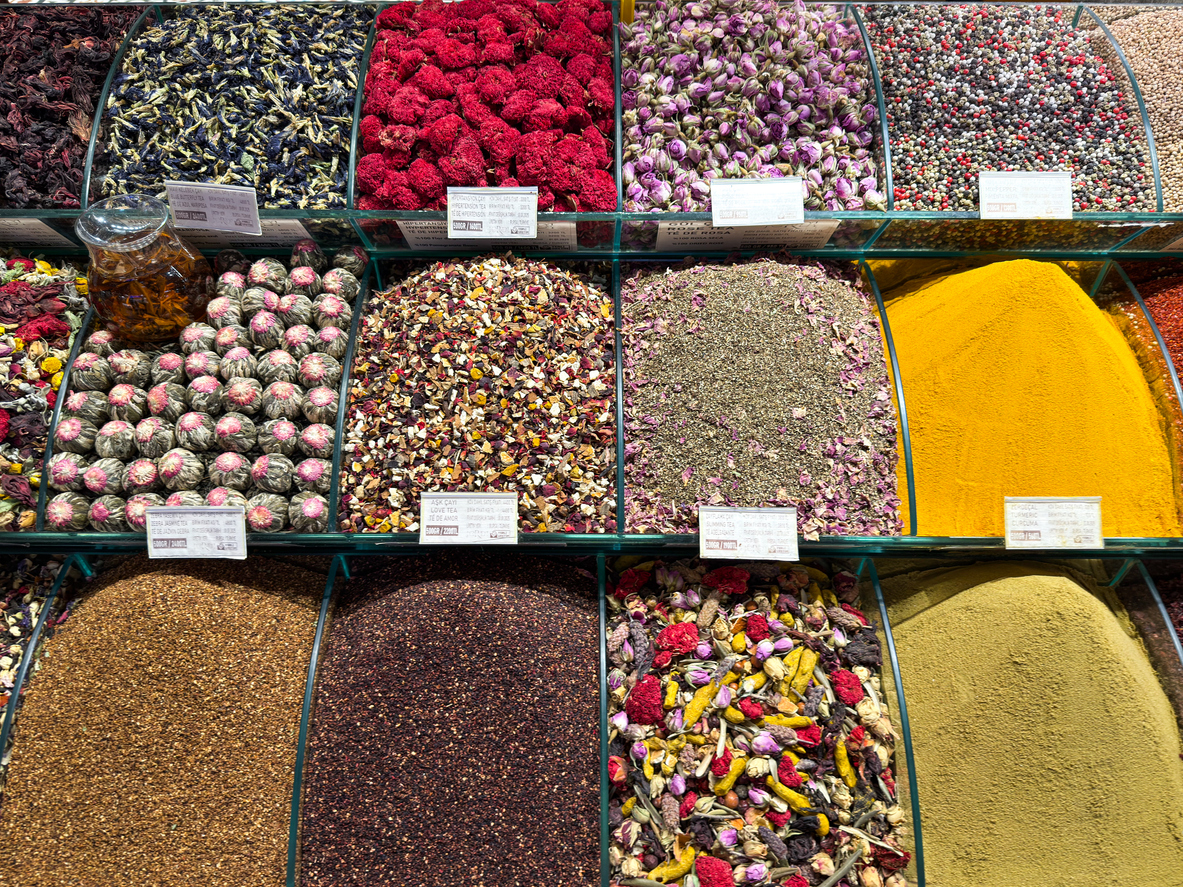Wigmore Trading: Business Suppliers in Lagos Nigeria
Wigmore Trading: Largest Wholesalers of Textiles, Garments and Tailoring Services in Nigeria
Nigeria textiles industry is a very important sector for the economy of the country. It provides employment to many people, including women and young people. The textile industry has huge potential for growth and expansion given its natural advantages as an exporter of primary goods such as cotton and yam. The need to boost the performance of this sector has triggered various initiatives at both national and state levels: in April 2014, a conference on ‘Reviving the Textile Industry in Nigeria’ was held in Lagos; In October 2015, the governor of Imo State launched the ‘Imo Textile Initiative’; And in November 2016, there was also a ‘Textile Summit’ organized by LaEND Fund focusing on growing demand from Africa and other markets with new digital technologies.
Why is the Nigerian Textile Industry important?
The textile industry is a very important sector for the economy of Nigeria. It provides employment to many people, including women and young people. It is also an important source of foreign exchange earnings. The textile industry has huge potential for growth and expansion given its natural advantages as an exporter of primary goods such as cotton and yam. Nigeria is the world’s sixth largest exporter of raw cotton and the third largest producer. Domestic processing of raw cotton is estimated at about one-third of production. Cotton fabrics account for about one-third of all textile goods produced in the country. Cotton yams are the second largest agricultural export of Nigeria. There are also small quantities of raw silk imported from the Far East. The textile industry in Nigeria has experienced ups and downs over the years. By the late 80s and early 90s, the industry had virtually collapsed. In the mid-90s, there was a revival, but it was short-lived. The industry has been struggling to survive ever since.
Re-organising the Wholesale of Textiles in Nigeria
Wholesalers have played important roles in the expansion and development of the Nigerian Textile Industry. They buy goods from manufacturers, store them in warehouses and sell them to retailers, while at the same time supplying them to other buyers. The wholesalers also supply goods to tailors who use these materials to make ready-made garments for the market. The need for re-organising the wholesale of textiles arose from the fact that many of the traditional wholesalers were not efficient. For example, they did not have adequate offices or showrooms to promote sales, and they also lacked modern storage facilities as well as computerised sales and inventory control systems.
The future of retailing in Nigeria and its textile industry
Retailing has played a major role in the expansion and development of the Nigerian Textile Industry. However, the future of retailing in Nigeria is uncertain because of the fast development of eCommerce, which has the potential to change the retail landscape. This development has the potential to affect the textile industry negatively by reducing the demand for ready-made garments and fabrics. Retailers in Nigeria are adapting to these changes. Several large retail chains have invested in online sales, while others are setting up online platforms and websites. Smaller retail traders are also investing in online sales and some of them have set up online shops on the Internet.
Wigmore Trading – Largest Wholesalers of Textiles, Garments and Tailoring Services in Nigeria
Wigmore Trading is a wholesale distributor and dealer in a variety of commodities, including textiles, garments, accessories, and ready-made clothing for men, women and children. It also provides tailoring services. The firm was established in 1998. It is located in Lagos, Nigeria. Wigmore Trading imports a variety of garments and textile fabrics from China, India, and other countries. It sells these goods to retailers and end-users throughout Nigeria. The firm has six branches and two outlets. It also has a modern warehouse and computerised inventory management system. The firm has been listed among the largest wholesalers of garments and textiles in Nigeria. It is also the leading wholesaler of fabrics used in the making of traditional Nigerian clothing. This includes the agbada and the iro, which are worn by Nigerian men, and the wrapper and wrapper dress worn by women.
Conclusion
The Nigerian textile industry is a very important sector for the economy of Nigeria. It provides employment to many people, including women and young people. This industry has huge potential for growth and expansion given its natural advantages as an exporter of primary goods such as cotton and yam. The need to boost the performance of this sector has triggered various initiatives at both national and state levels. Recently, there was a textile summit organized by LaEND Fund focused on growing demand from Africa and other markets with new digital technologies. There was also a re-organisation of the wholesale of textiles in Nigeria and the future of retailing in Nigeria and its textile industry is uncertain due to the fast development of eCommerce which has the potential to change the retail landscape.








LEAVE A COMMENT
You must be logged in to post a comment.